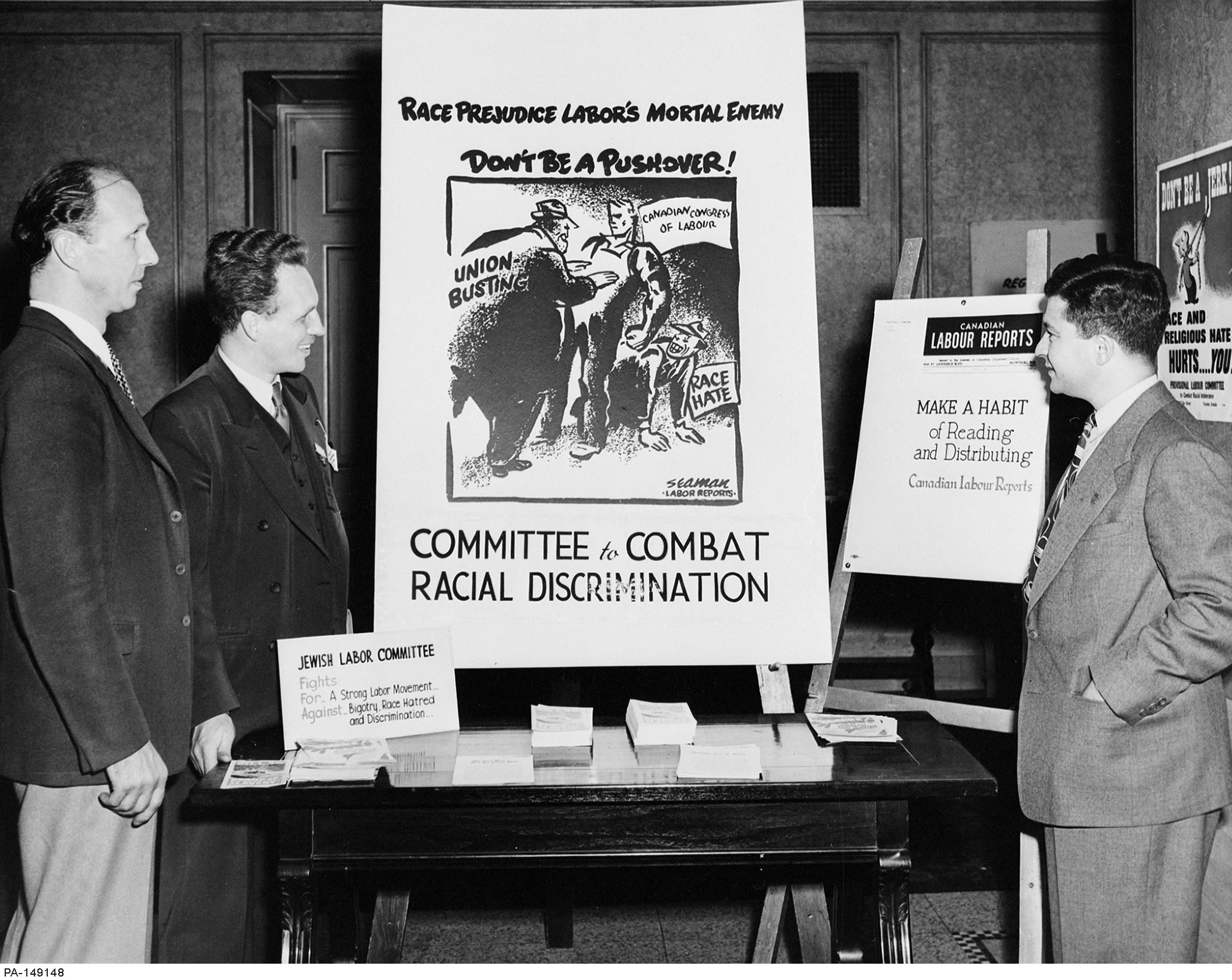Agatha Chapman
Agatha Chapman was born in England on 6 May 1907 and emigrated to Canada in 1918. She would later join the Montreal wing of the Canadian Civil Liberties Union. Chapman, who was working for the Bank of Canada when she was detained by the RCMP in 1946, played a relatively minor role in the conspiracy but had connections to almost everyone who was detained by the espionage commission. She is also notable for consistently arousing the ire of the commissioners by evading their questions. Chapman was later acquitted in court.
In How the Cold War Began, Amy Knight writes that the trauma and humiliation of being arrested and interrogated by the espionage commission were difficult to bear. She adds,
“This was particularly true for Chapman, a talented and successful young economist who had received a master’s degree from the University of Toronto and was working at the Dominion Bureau of Statistics. Her name did not come up in the Gouzenko documents, but she knew several of the accused spies, who participated in Marxist study groups held at her home on Somerset Street in Ottawa, just a few blocks from where the Gouzenkos lived. In her testimony before the Royal Commission, Kathleen Willsher, who belonged to one of the study groups, claimed Chapman was a secret GRU contact, so the RCMP arrested her. Despite her eventual acquittal, Chapman lost her job, and the publicity was such that she felt compelled to leave Canada for several years. In the early 1960s, she took her own life.”
In its biographical sketch of Chapman, the espionage commission’s final report notes,
“Miss Chapman was born in England, May 6th, 1907, and came to Canada in 1918. She is a graduate of the University of British Columbia having obtained her Bachelor’s Degree in commerce and subsequently in 1931 her Master’s Degree. After some intermediate employment she entered the employ of the Bank of Canada in 1940. When testifying before us, while still on the staff of the Bank, she was on loan to the Bureau of Statistics.
The name of Agatha Chapman was first mentioned in evidence by Kathleen Willsher when she deposed that she had met Eric Adams for the first time in 1942 in a study group in Ottawa when Chapman, Eric Adams, and J.S. Benning were present. It was Chapman who invited Kathleen Willsher. The subject under discussion that evening was, ‘socialist literature, Marxist literature I suppose you would call it.’ Eric Adams was in charge of the meeting. The group met regularly every three weeks until Adams left for Montreal at the end of 1944.”
Further Reading
Knight, Amy. How the Cold War Began: The Gouzenko Affair and the Hunt for Soviet Spies. Toronto: McClelland and Stewart, 2005.
Lambertson, Ross. Repression and Resistance: Canadian Human Rights Activists, 1930-1960. Toronto: University of Toronto Press, 2005.
 Site Resources
Site Resources-
- Any use of material or referencing content from HistoryOfRights.ca should be acknowledged by the User and cited as follows:
–
- Clément, Dominique. “page title or document title.” Canada’s Human Rights History. www.HistoryOfRights.ca (date accessed).


 Encyclopaedia
Encyclopaedia 
 © 2024 COPYRIGHT CLÉMENT CONSULTING. ALL RIGHTS RESERVED.
DEPARTMENT OF SOCIOLOGY, UNIVERSITY OF ALBERTA
© 2024 COPYRIGHT CLÉMENT CONSULTING. ALL RIGHTS RESERVED.
DEPARTMENT OF SOCIOLOGY, UNIVERSITY OF ALBERTA